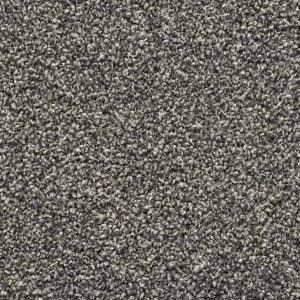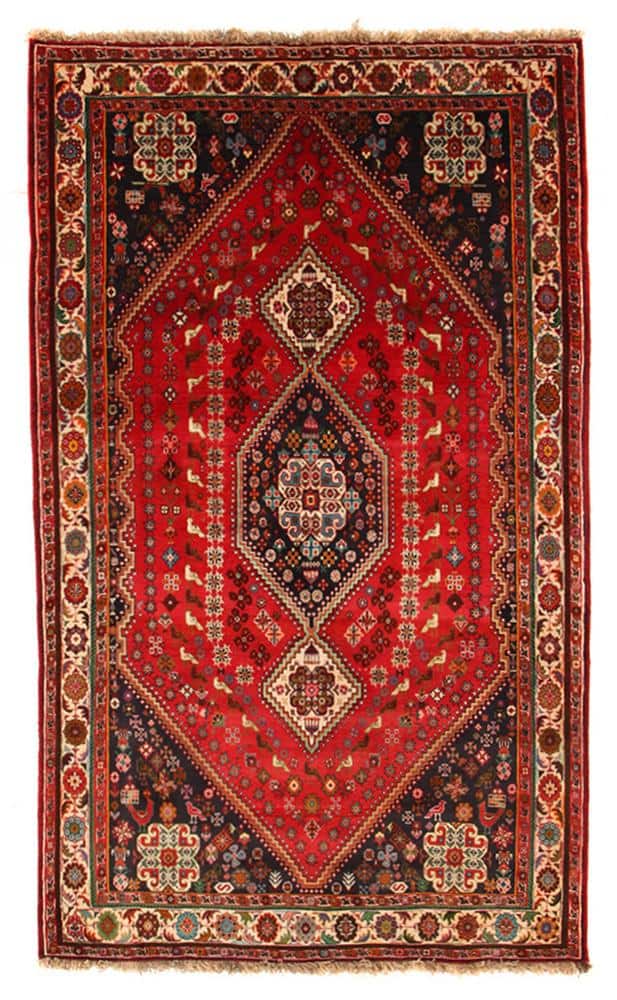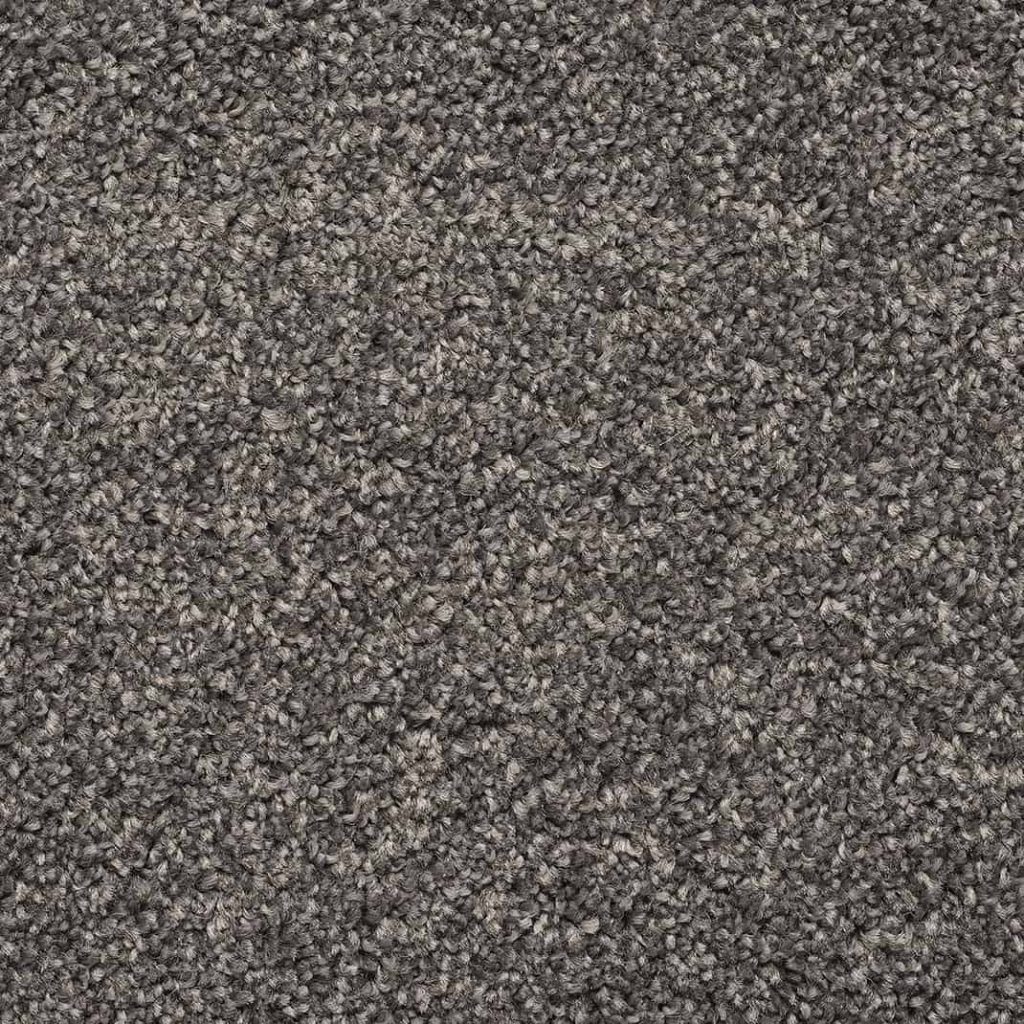
Technological advancements continue to take place in each industry over time. This fact also applies to the flooring sector. In the past, consumers did not have too many options when they looked for new flooring for their residential or commercial properties. The choices would typically revolve around hardwood, vinyl, laminate or natural stone flooring. Property owners who didn’t find these options worth considering, would often end up visiting the facilities of suppliers of carpet floors in Sydney and other places. But, the landscape has altered tremendously of late.
Today, you will be able to find a plethora of options in each type of flooring material on offer. However, these options can have a downside. The more the options that you have to consider, the tougher your decision-making process will be. After all, some people select their new flooring based on its aesthetic appeal. For others, practical aspects such as the durability and maintenance levels will trump all other considerations. Therefore, if you want new flooring for your property, doing your homework before you go shopping might be beneficial.
Some people have the misimpression that commercial and residential flooring have few, if any, differences. But, this perception remains flawed. Flooring suppliers of designer rugs in Sydney and other places believe that commercial and residential flooring requirements will differ in various ways. For instance, residential flooring will usually not need to withstand high loads and constant streams of traffic. Therefore, when you go shopping for new floors for your property, you will need to understand the differences that exist between commercial and residential floors. Some of the aspects in which residential flooring varies from its commercial and industrial counterparts include:
- The Aesthetics: Homeowners usually select their new flooring based on their personal tastes and preferences. Hence, residential flooring will always reflect this. Residential floors will usually look better than their commercial counterparts. They will complement the interior décor of the house. In contrast, commercial floors might not always be visually appealing.
- The Strength: Commercial properties will always witness higher levels of traffic than residential ones. Not surprisingly, flooring experts believe that the traffic that residential floors typically witness will be non-existent when compared to the traffic that commercial floors experience. Thus, commercial flooring will always be much stronger than residential flooring.
- The Durability: Higher levels of traffic on a floor will inevitably mean more dirt. Thus, you will need to clean the floor more frequently. This also means that the floor will need to withstand higher levels of exposure to moisture. Commercial floors check all these boxes, thereby attesting to their superior levels of durability. In some cases, commercial floors will also be able to withstand high levels of humidity and direct contact with water.
- The Price: You might be able to procure Persian rugs on sale in your neighbourhood. The lower prices might make these prized rugs fit within your budget. However, commercial flooring will always be more expensive than their residential counterparts. Manufacturers produce these floors to resist heavy objects, exposure to moisture and continuous foot traffic. This increases the cost for producing such floors. Hence, the end consumer will always end up paying relatively more for commercial floors than residential ones.
In recent times, the lines have been blurring between residential and commercial floors. This has been especially so in terms of the quality and price of these floors. Despite this, some differences remain inherent between these types of floors. Thus, it can be ideal to consult your flooring supplier when you shop for a new flooring.
For more information, contact Sydney Art Flooring today.





